Every crypto wallet has a private key. Most of us are told, rightfully, to guard this private key with our lives, because anyone who gets access to it will be able to take your hard earned cash away. But what if someone like the FBI guessed your private key? This is how private keys look like for Bitcoin wallets:
KzvYyd4vZ94NyRdgAHFmgtVEFaGi7drgu94DjhCYEf51UqReb1Dp L5HRstY66Urp2VfwvqqASVwHQNJRUJuHg5p6BB46JxJfwccZ5cZV L4Wn4W1hDzzV6a1D9HYnwSBf1m1vzHMWJ6Y8gHT4igDnkwU2GcWK
All three of those wallet addresses are 52 characters each encompassing both the English alphabet and digits 0 to 9. Bitcoin(and all other cryptos) rely on the fact that each private key is completely new, never seen before and never to be seen again by anyone else. Bitcoin doesn’t check for collisions when you generate a new wallet address. But this raises the question, with the ever increasing number of users that are adopting crypto and the fact that one person can have many wallets and even the fact that there are groups such as the FBI dedicated to finding private keys of wallets, what are the chances that your private key could either be guessed or collide with a newly generated wallet with the same address?
In fact as crypto adoption grows and potentially replaces fiat currency entirely, there will be a number of people who'd definitely think about the prospect of becoming a digital treasure hunter. Just trying address after address until they got to an account with potentially thousands, hundreds of thousands or millions of Bitcoin/ETH/etc.
What if these people were to create a database of all the possible Bitcoin addresses and then just start to pull out money from all of them one by one? To explain why this wouldn't be possible, all of the world's computers combined today would provide about 2.3 zetabytes of storage according to some estimates. 1 yottabyte = 1000 zettabytes. To store all Bitcoin addresses you would require 5 yottabytes2 storage space. There isn't enough coal and gas on Earth to make the electricity that would store this database.
Put another way, there are more Bitcoin addresses than atoms in the known universe. How is this possible? Here's an example of a private key which is 64 characters in the range of 0 - 9 and A - F: E9873D79C6D87DC0FB6A5778633389F4453213303DA61F20BD67FC233AA33262, this private key doesn't exist for any crypto by the way I got it from an answer on Quora, there are 64 characters, and each character is hexadecimal meaning it can hold 16 different case insensitive values(0,1,2,3,4,5,6,7,8,9,A,B,C,D,E,F), meaning there are 1664 possible private key combinations. Now assume that the world population is 7.6 billion and everyone holds a wallet which adds up to 7.6 billion private keys, even in an imaginary best case the success rate of finding a correct private key is 100 multiplied by 7.6 billion divided by 1664 which is 0.0000000000000000000000000000000000000000000000000000000000000000065634881018717779152936274157283036740481602769715738%.
In short I just wanted to show everyone how cool the Math behind cryptocurrency is and how while it may seem easy to imagine guessing a private key, it's a gargantuan task that not even the most powerful computers working together in the world today could think of pulling off and how unlikely it is to ever be possible.
My sources:
FYI I posted this not too long ago and it didn’t gain much traction, I felt it would be apt to repost it now due to recent developments.
Tl;dr: it’s practically impossible to guess/crack someone else’s wallet address even for the FBI.
[link] [comments]

You can get bonuses upto $100 FREE BONUS when you:
💰 Install these recommended apps:
💲 SocialGood - 100% Crypto Back on Everyday Shopping
💲 xPortal - The DeFi For The Next Billion
💲 CryptoTab Browser - Lightweight, fast, and ready to mine!
💰 Register on these recommended exchanges:
🟡 Binance🟡 Bitfinex🟡 Bitmart🟡 Bittrex🟡 Bitget
🟡 CoinEx🟡 Crypto.com🟡 Gate.io🟡 Huobi🟡 Kucoin.
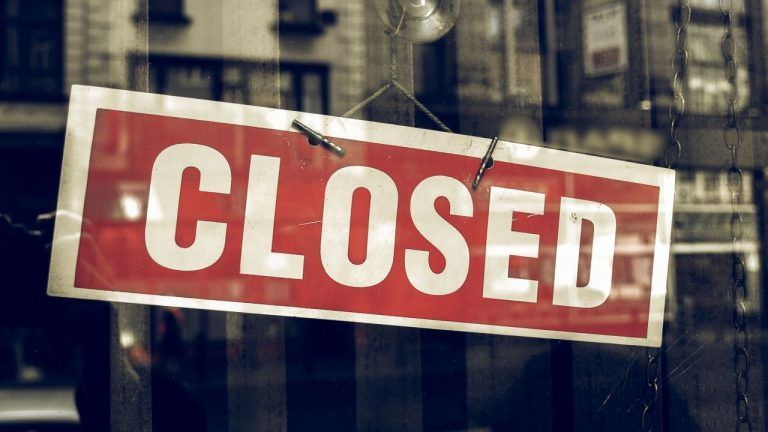


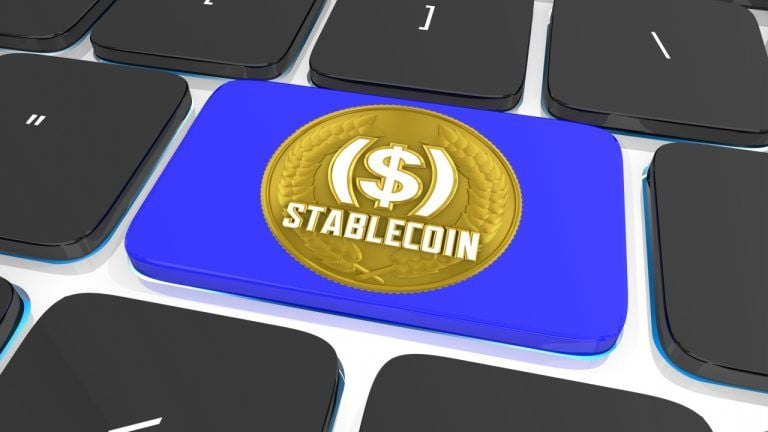
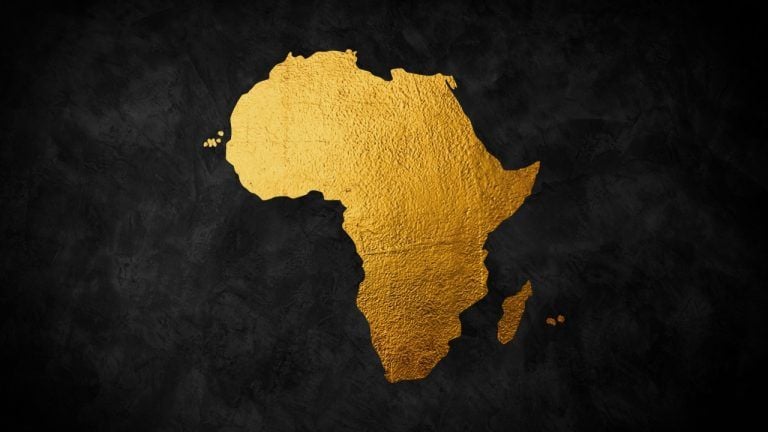

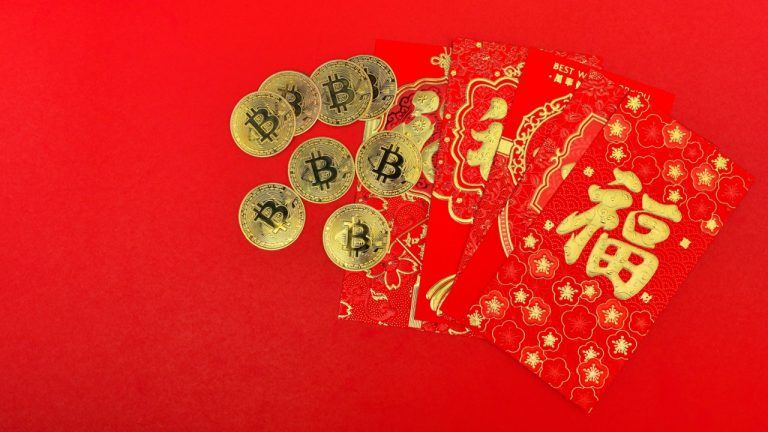


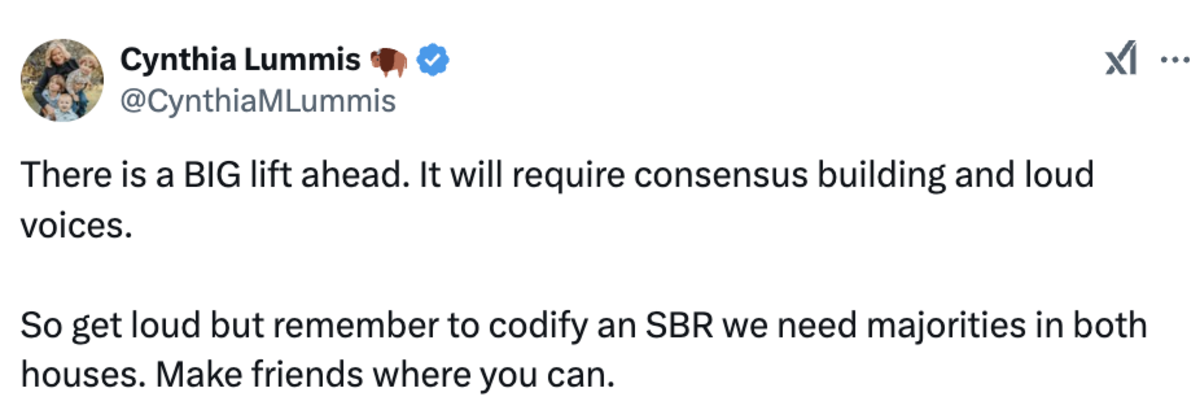
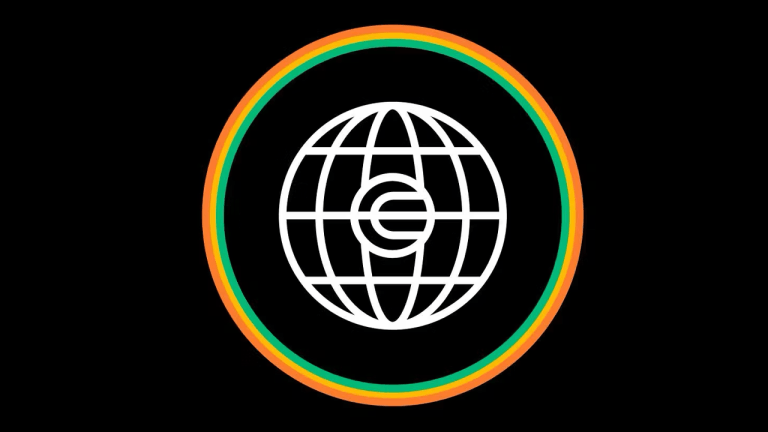
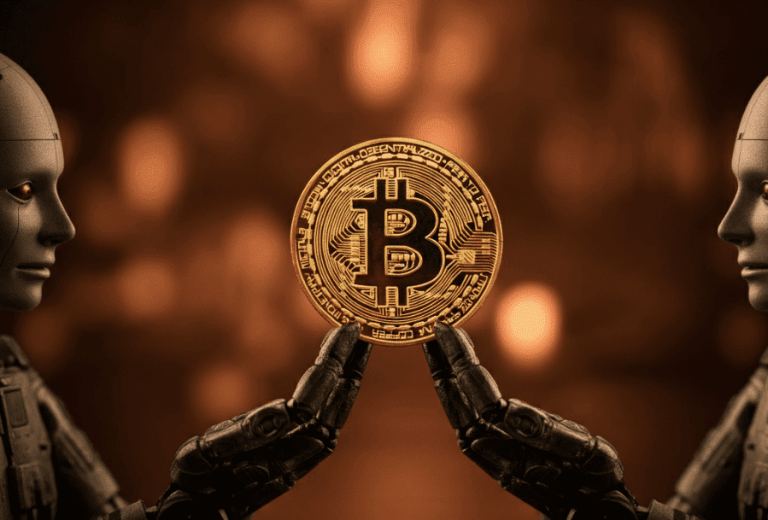






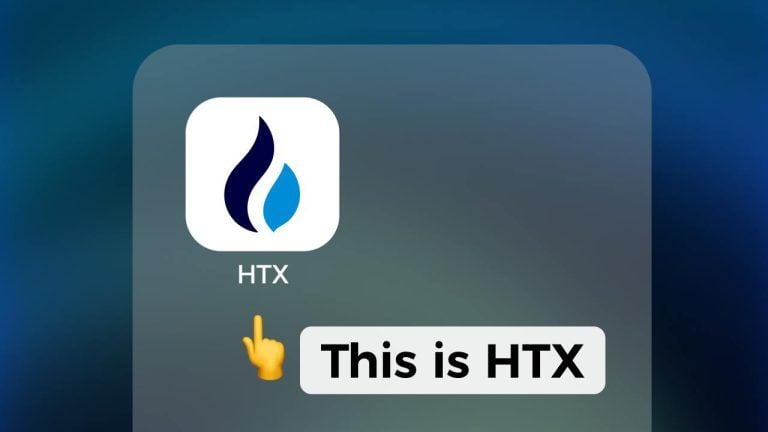
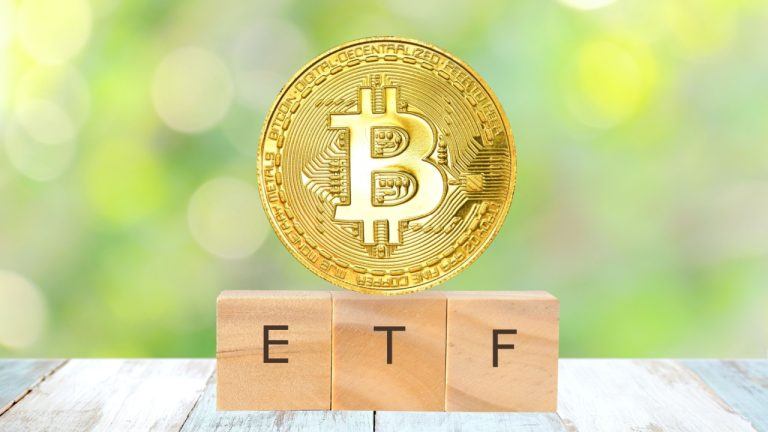
Comments